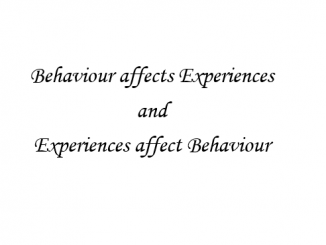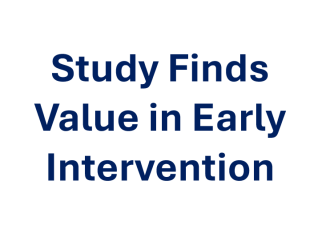When we are stressed, we are more emotional. So much of my Counselling work is about helping people understand how external stressors affect the way we behave.
People who come to Counselling are quite often looking for some form of change in their life. It could be the way that they behave, or it could be about the way people in their world behave that brings them to seek some assistance.
But if we want to change behaviour, we need to look at stress first.
This is further shown in some research that was published late last year in the U.S. regarding the link between emotional regulation (something we tend to lose when we are stressed) and patience (or, more specifically, impatience).
UC Riverside psychology researcher Kate Sweeny sought to better define what constitutes patience, and impatience, and the factors that determine them.
Impatience, Kate concluded across three studies of 1,200 people, is the emotion people feel when they face a delay that seems unfair, unreasonable, or inappropriate.
Patience, then, is how we cope with those feelings of impatience.
The study results identified three scenarios that create a “perfect storm” for impatience:
- When the stakes are relatively high (like traffic on the way to an appointment)
- When the state of waiting is unpleasant (no seats provided in a waiting area)
- When someone is clearly to blame for the delay (a person who is holding up the line)
People also felt more impatient when a delay was longer than they anticipated. Although nearly everyone in the studies said they would feel at least a bit impatient when facing those frustrating situations, some people were more patient than others.
Participants who were more comfortable with open-ended situations and more emotionally stable said they wouldn’t feel too impatient in those scenarios; those who were more emotionally skilled and better at self-regulation said they would respond more patiently, even if they initially felt impatient.
Being agreeable and high in empathy also predicted patience.
“Philosophers and religious scholars call patience a virtue, yet most people claim to be impatient,” – Kate Sweeny.
“That made me wonder if maybe patience is less about being a good person and more about how we deal with day-to-day frustrations.”
You can see why being more aware of ourselves and others, being more in tune with our stress levels, and having skills to stay regulated (like internal validation) are important assets to have, and are what is targeted in my Counselling work.



